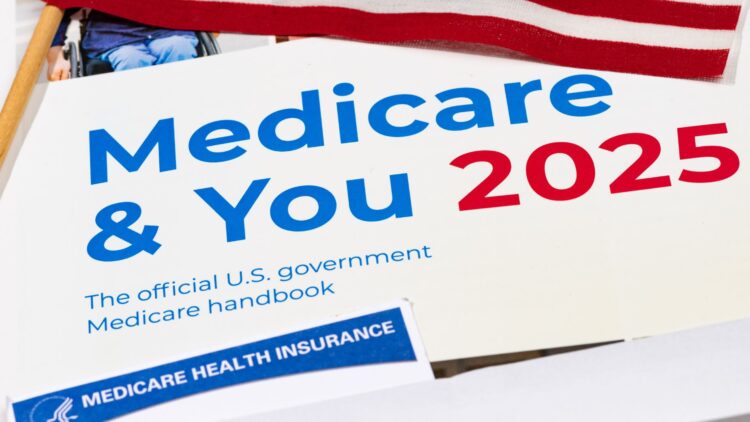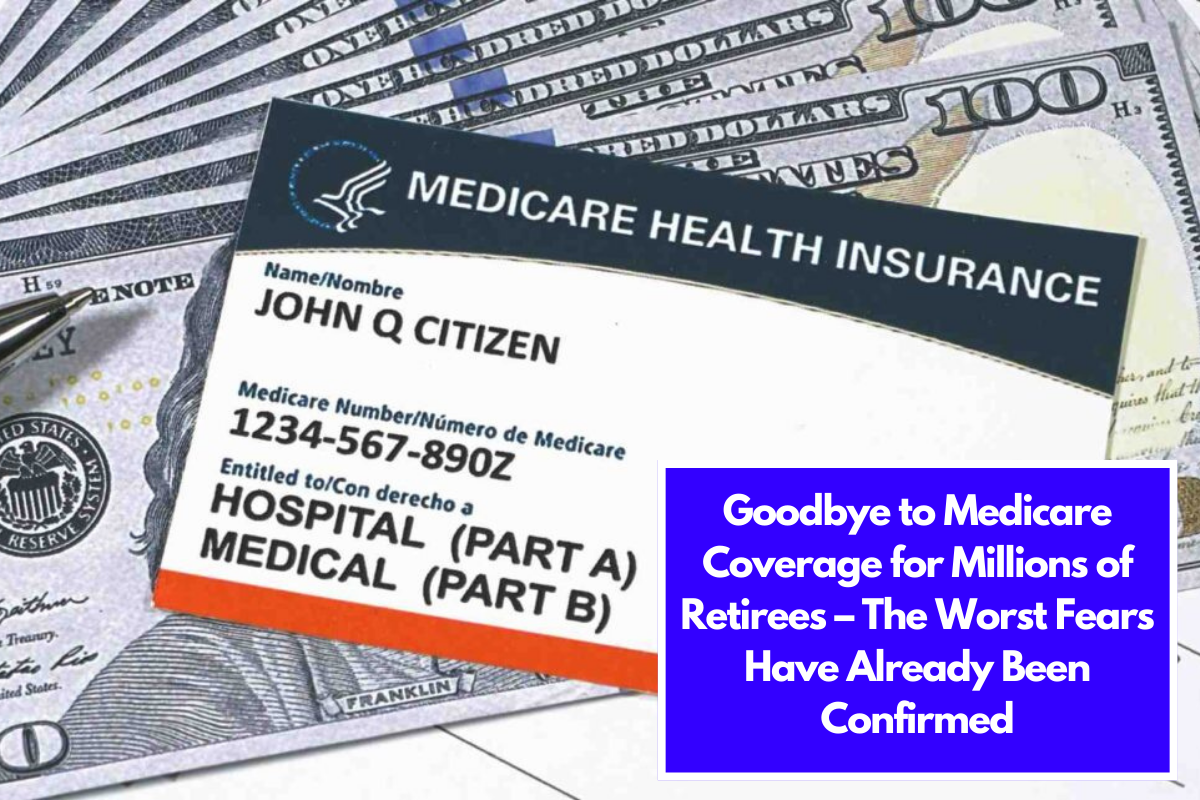When open enrollment time comes around every year, as a Medicare user, you have to make a personal choice about which plan to join. However, this year, millions of seniors will not be able to make that choice because they will lose access to their Medicare Advantage plans. The insurers cut rates after the Inflation Reduction Act was put into effect, which is what caused this loss.
For seniors who can afford it, there is a version of the plan called Part C or Medicare Advantage. This is a privatized version of the service that is still heavily supervised by the Social Security Administration and can add vision and dental coverage at a lower cost than paying for regular health insurance coverage out of pocket.
Since the Inflation Reduction Act went into effect, many insurance companies have chosen to end these deals because the costs have gone up and they can’t raise their reimbursement rates.
Money expert Kevin Thompson, creator and CEO of 9i Capital Group, told Newsweek “When reimbursement rates don’t cover the rising cost of care, it’s hard for insurers to keep offering the same plans.” Because the IRA lowered reimbursement rates, it put pressure on providers. As a result, insurers have left areas where they no longer see a way to make money.
The biggest insurers to back out of Medicare Advantage plans
Humana has said it will make fewer of its Medicare Advantage plans available. This is because of a number of reasons, including the prescription drug price caps put in place by the Inflation Reduction Act.
The company made its choice after releasing its latest earnings report, which showed that it made $679 million in the second quarter, which is 29% less than the same time last year. About 560,000 members in 13 different markets are likely to be affected by this change.
HealthPartners also said that starting next year, it will no longer offer Medicare Advantage plans that are handled by UnitedHealthcare. This choice was made because Medicare Advantage plans were having problems with late payments and coverage denials all too often. As a result, about 30,000 patients will have to find new coverage.

This is because the costs are too high for Centene Corp to keep running its Medicare Advantage plans in some states. This change will affect about 40,000 seniors in Alabama, Massachusetts, New Hampshire, Rhode Island, New Mexico, and Vermont, among other states.
Asher, Centene’s CFO, said during the company’s earnings call for the second quarter, “We’ve said before that we expect to shrink in 2025 as we think about what business is going to serve this well in the long run.” We need to first improve the level of run rate negative margin and work toward break even. Only then can we talk about the Medicare margin potential.
Not only are these three big players going to stop offering services, but so will the MVP Medicare Advantage plan through Vermont’s UVM Health Network. This plan will also be cut, but it will only affect 25,000 seniors in Vermont, so it will have a smaller effect.
Michael Ryan, the founder of michaelryanmoney.com and an expert on money matters, spoke out about the large number of Medicare Advantage plans leaving the market. “UVM Health, Humana, and Centene are all having a hard time.” The Inflation Reduction Act also helps, but it has some bad effects too.
“This is more than just a bother for seniors.” It could be a cash gut punch. People I’ve worked with used their Advantage plans to pay for everything from dental work to eye exams.
CMS expert and CEO of Smile Insurance Group Chris Fong agrees, but he sees things more positively. “However, the end of a member’s plan can be seen as a good thing for people who want to sign up for a Medicare Supplement plan.
” People who aren’t in their Medicare Supplement Open Enrollment Period or Medicare Advantage Trial Period will usually have to go through medical screening to find out if they can get coverage and how much they will have to pay.
This generally makes it very hard for people with health problems to get a Medicare Supplement plan with a reasonable premium. Once a member’s plan ends, they are sure to be able to get a Medicare Supplement.
Plans that are already in place will still work until December 31. However, seniors who don’t choose a new plan by that date will be automatically switched to standard Medicare, which has fewer benefits. The time to sign up for these plans opened on October 15 and will end on December 17.











Leave a Reply